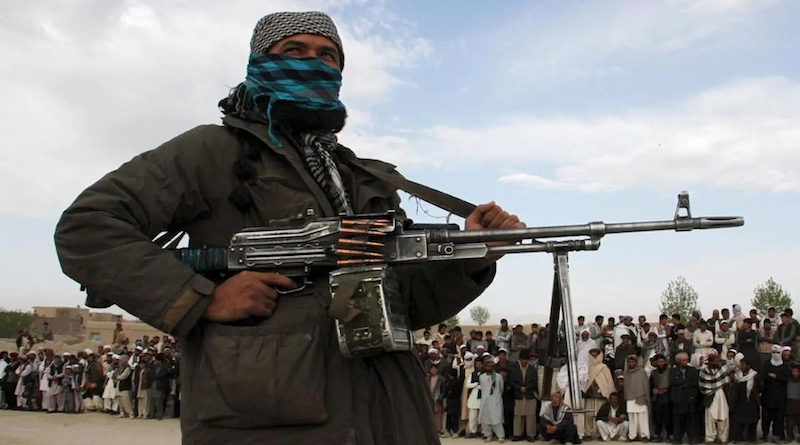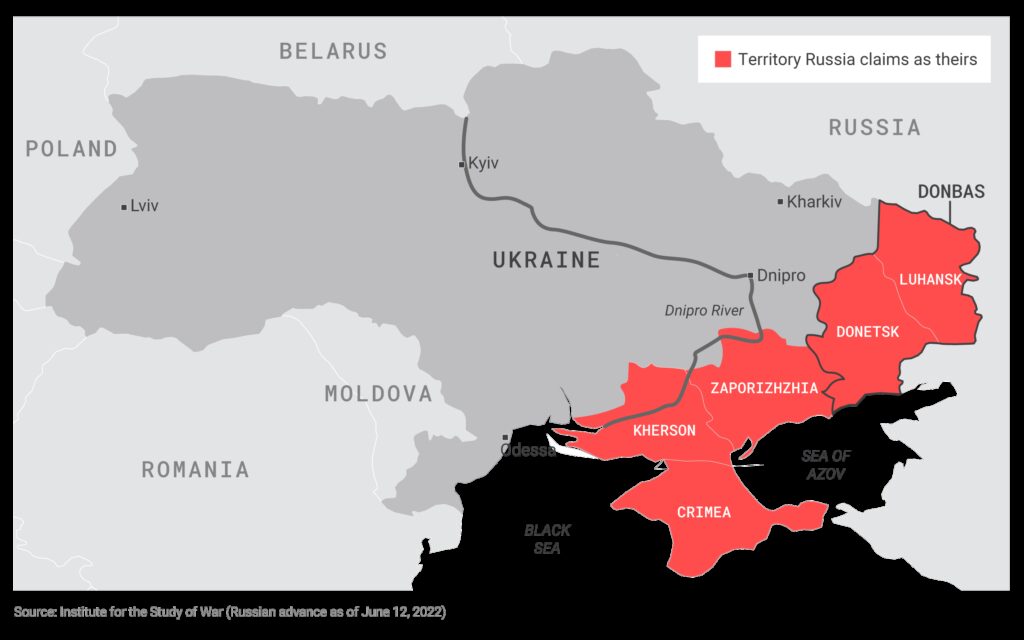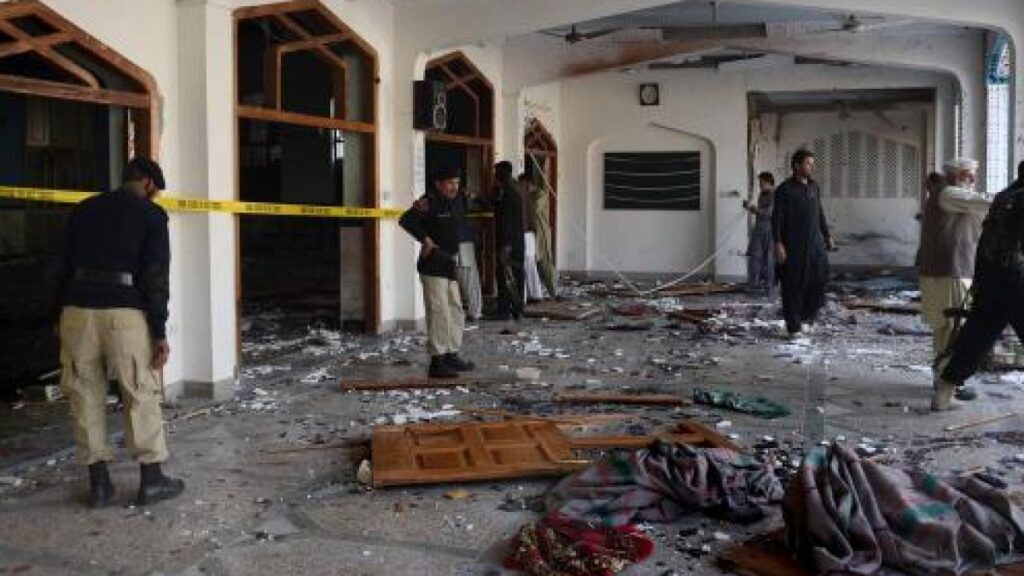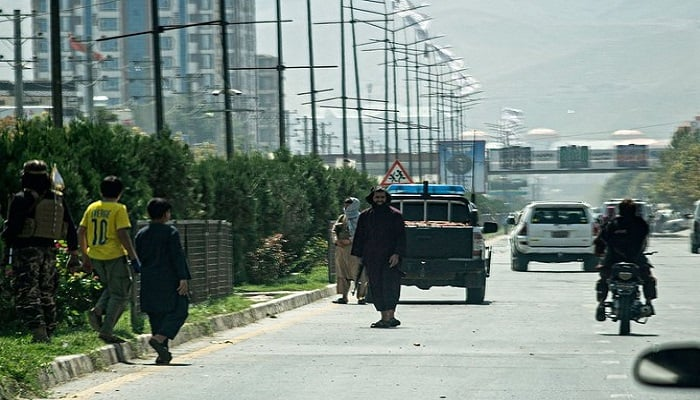New Wave Of Terrorism In Afghanistan And Pakistan – Analysis

Recently a new wave of deadly acts of terrorism in Afghanistan, and from Afghanistan into Pakistan, has erupted again. To understand its raison d’être in general and the focus of its violence on Pakistan and Afghanistan a critical review of the major political upheaval in Pakistan continuing since about a year now is essential.







